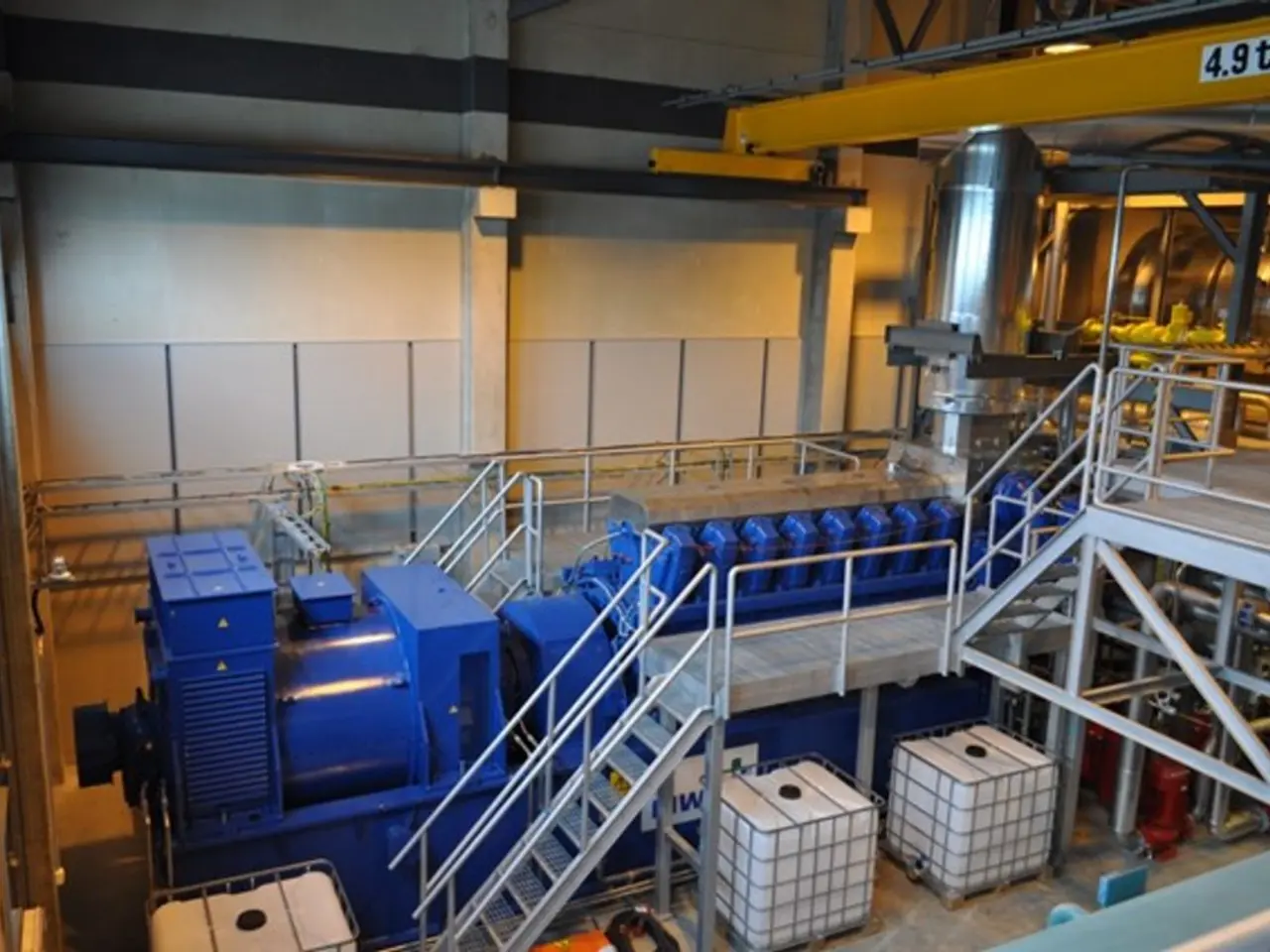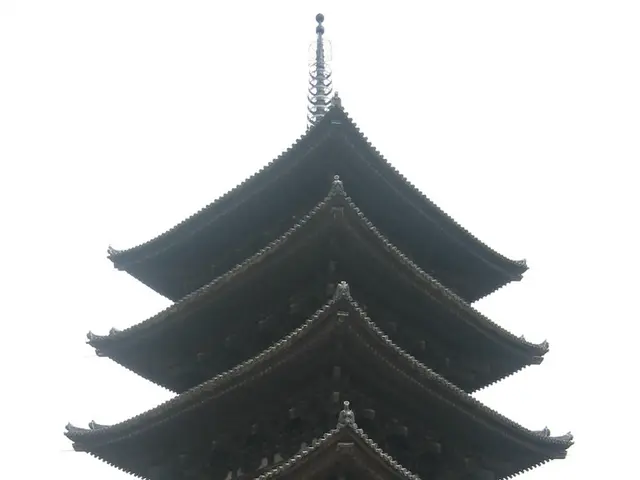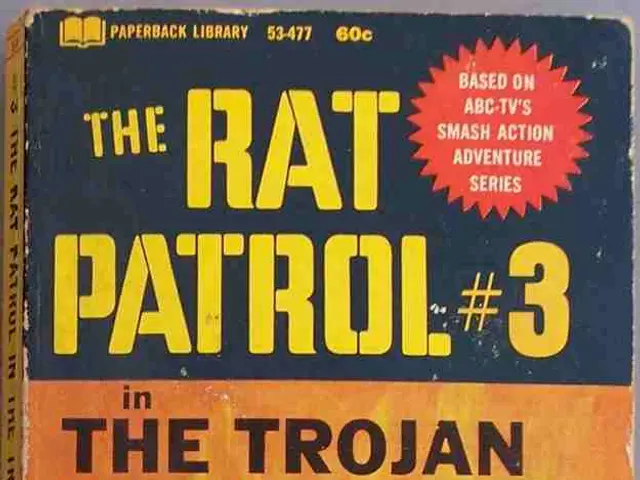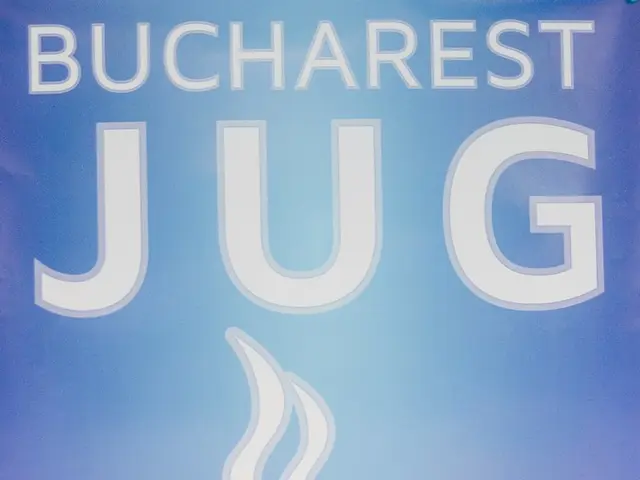Secured treasure trove of expensive items for wealthiest individuals hidden away
In the heart of Europe, a historical former mansion next to the high-end Dorchester Hotel stands as one of the most secure private vaults in the world. This vault, owned by IBV International Vaults, has been safeguarding valuable assets since its establishment in 2004 by Johan van der Merwe in Durban.
The vault's contents are as diverse as the clients it serves. Valuable items stored include cash, gold, artworks, handbags from Hermès and Chanel, rare scents from high-end fragrance companies, precious items gifted by royalty, and less conventional valuables such as family heirlooms, photographs, limited-edition Pokémon cards, collectible toys, toy soldiers, and the first edition of a book in mint condition.
IBV International Vaults has expanded its services to Cape Town, Johannesburg, the United Arab Emirates, and Switzerland. Each location boasts complex locking mechanisms and security systems designed to protect assets estimated to be in the region of £40 million to £60 million ($54 million to $81 million).
The entrance to the building is always locked and guarded, with at least one officer stationed at the stairway leading to the safes. When reassigning safes, IBV installs an entirely new lock. The company does not keep a spare key for emergencies; only one key is created per customer.
The average length a client stores their items in a vault is three to four years, with many closing their vault when relocating. However, some clients, including celebrities, sports stars, foreign royalties, millionaires, and billionaires, as well as regular individuals with an ordinary job, choose to keep their valuables in the vault for longer periods.
Despite concerns from some experts that private vaults are becoming obsolete as technology improves and digital platforms make it easier to store electronic records, others argue that the need for physical storage of valuable assets is still relevant. Rob Burgeman, the director and wealth manager at RBC Brewin Dolphin, believes the need for private vaults is greater than before due to increased geopolitical risks and the surge in the price of gold.
However, critics question whether companies like IBV International Vaults could inadvertently provide a haven for criminals due to lack of regulatory oversight. The company does not mandate that clients disclose the contents of their safety deposit boxes nor the monetary value of the items they store, but clients must undergo an extensive vetting process and sign terms and conditions prohibiting storage of contraband like drugs, laundered money, or goods widely banned in trade, such as elephant tusks.
The US federal appeals court ruled in 2024 that the raid on US Private Vaults, which offered anonymous storage for valuables, violated the constitutional rights of their owners. Despite this, IBV International Vaults continues to maintain its stringent security measures and vetting process, ensuring that only legitimate clients can access its secure vaults.
The company's clientele comes from all over the world, with many clients from countries such as China, Dubai, India, and the United States. The IBV facility in Switzerland is currently rented out to one sole private client, while the London's West End district vault boasts a multi-tiered biometric security system, including fingerprint and iris scanners, electronic key card readers, and a "man trap area" with bulletproof glass.
Despite the high demand for smaller sized safes, all are currently occupied. Only a few medium to large storages, big enough to fit a hefty suitcase and costing as much as $20,300 annually, are available. As IBV International Vaults continues to grow and expand, it remains committed to providing secure, confidential, and reliable storage solutions for its clients.
Read also:
- Elon Musk accused by Sam Altman of exploiting X for personal gain
- Comparing the value of top electric scooters: Kinetic DX versus Bajaj Chetak versus TVS iQube - Which one offers the best bang for the buck?
- Tech tycoon Elon Musk alleges Apple is preferring OpenAI, sparking potential lawsuits contemplation
- China's Automotive Landscape: Toyota's Innovative Strategy in Self-Driving Vehicles







